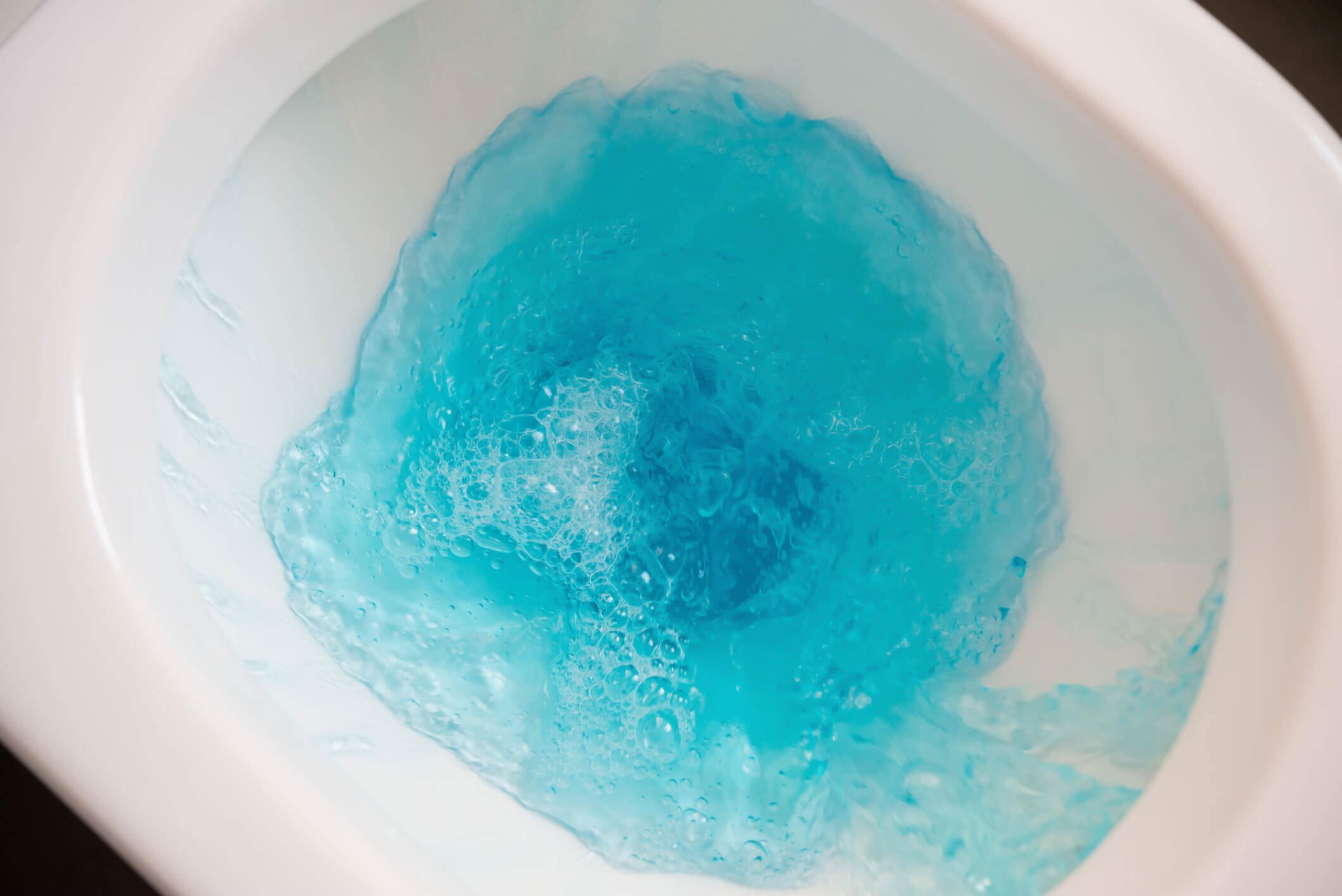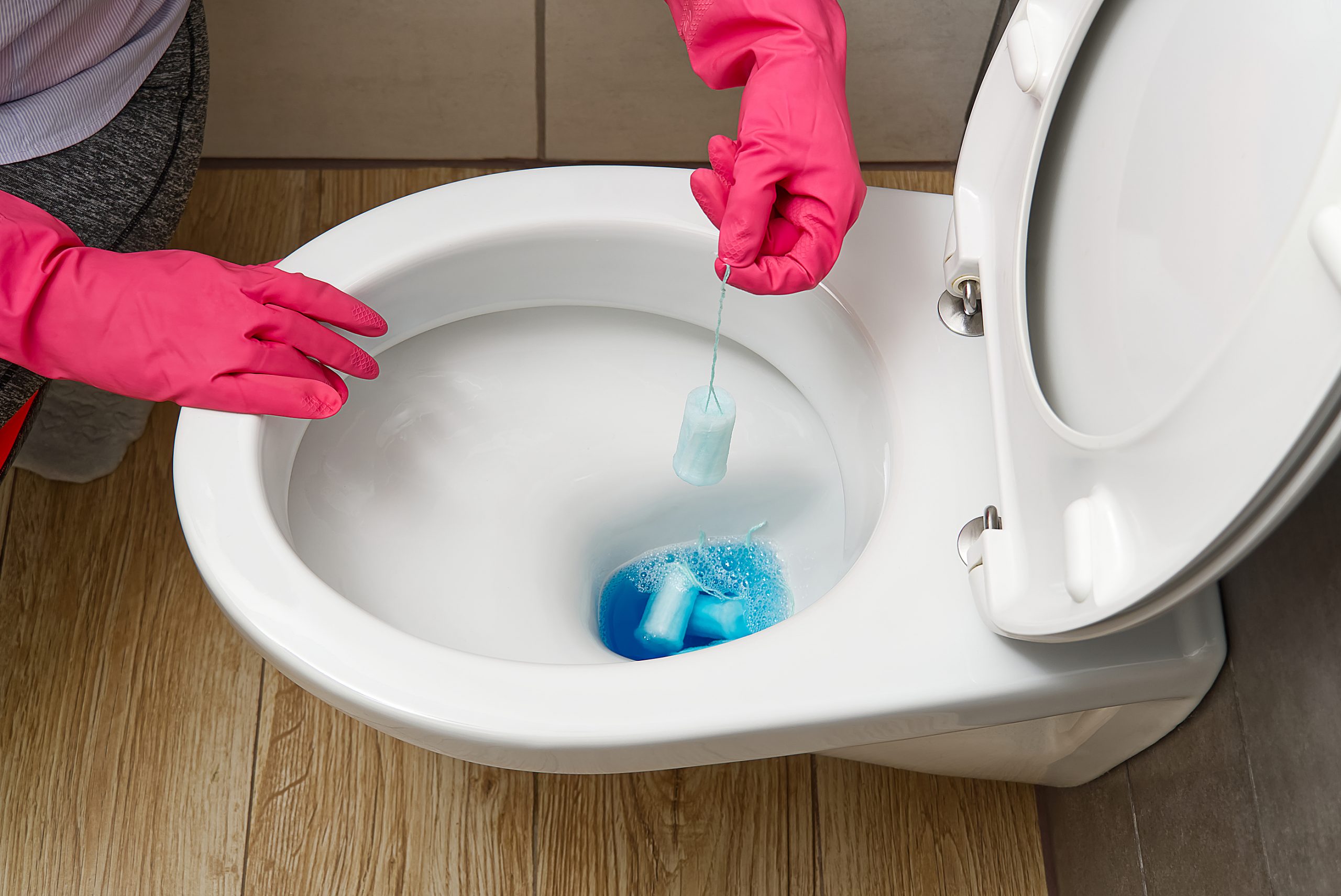Have you ever been greeted by the shocking sight of brown toilet water? Wondering why is my toilet water brown can raise immediate concerns for homeowners and renters alike. This unsettling issue is often a signal that something is amiss, potentially affecting your bathroom's hygiene and functionality. To understand the reasons behind discolored toilet water, lets break down the causes, possible complications, and viable solutions.
Before delving deeper, one must remember that brown water is not just a cosmetic issue. It can be a symptom of underlying plumbing problems or contamination, which may need urgent attention. In this guide, well cover frequent causes of brown toilet water alongside remedies that can help you restore your toilet back to its rightful state.

Common Causes of Brown Toilet Water
1. Rusty Pipes
One of the primary explanations for brown toilet water is rusty pipes. If your plumbing system contains cast iron or galvanized steel pipes, they can corrode over time, leading to rust particles mixing with your water supply. This kind of discoloration is generally more prevalent in older buildings.
2. Hard Water Deposits
If you live in an area with hard water, mineral deposits can accumulate over time, causing a brown hue. These deposits consist mainly of iron and can discolor water, especially in toilets where the water remains stagnant.
3. Soil Contamination
In some cases, irregularities in the water supply can lead to soil contamination. If construction or heavy rain has disturbed the soil, it may introduce dirt and sediment into your water, resulting in brown-colored toilet water.
4. Toilet Tank Issues
A neglected toilet tank can contribute to brown water as well. Sediment could build up in the tank, especially if it hasnt been cleaned for a while. When you flush, this debris can mix with the water, creating brown spots.
5. Water Supply Problems
Sometimes the problem lies not in your home, but in your water supply. Municipal water can occasionally contain sediment or iron, particularly after maintenance work. If this is the case, check with your local water authority or service provider.
Identifying the Problem
Testing Your Water
If youre faced with brown toilet water, the first action to take is to test your water quality. You can purchase water testing kits from hardware stores or order them online to check for contamination or sediment levels.
Visual Inspection
Perform a thorough visual inspection of your toilet. Check for rust on exposed pipes and note the condition of the toilet tank and bowl. Dont forget to look at your supply lines as well, as issues can arise from unexpected leaks.
Solutions to Fix Brown Toilet Water
1. Pipe Replacement and Repair
If rusty pipes are the source of the problem, you may need to consider pipe replacement. Consulting a licensed plumber is essential to assess the situation and recommend appropriate solutions.
2. Regular Cleaning
Cleaning your toilet tank specifically can minimize the buildup of minerals and sediment. A suitable cleaning method is to use a vinegar and baking soda mixture to help dissolve grime and residue. Heres a brief guide on how to remove hard water stains.
3. Water Softening Systems
Installing a water softening system can significantly reduce the issue of hard water in your home. It can help prevent iron buildup and rusting that leads to brown water.
4. Professional Water Testing
If you suspect contamination from your water supply, consider hiring professionals. Many local health departments or environmental agencies offer water testing services to help identify the contaminants affecting your plumbing.
Preventative Measures
1. Regular Maintenance
Regular maintenance is key to ensuring the health of your toilet and plumbing. Consider scheduling routine inspections with a plumbing expert to catch problems early.
2. Use Filters
Consider using a water filter to ensure the quality of the water entering your home. This can be particularly helpful if you live in a region with known water quality issues.
3. Community Awareness
Stay informed about your local water quality reports. Many municipalities publish regular updates about water quality, contaminants, and any ongoing issues that might affect your supply. You can visit resources on tackling tricky toilets.

FAQs
1. Is brown toilet water harmful?
It can be harmful if it comes from contaminated sources. Always test your water quality for safety.
2. How often should I clean my toilet tank?
It's recommended to clean your toilet tank at least once a month to prevent buildup.
3. Can I fix rusty pipes myself?
It's advisable to consult a licensed plumber for pipe issues due to the complexity and potential for further damage.
As an Amazon Associate, I earn from qualifying purchases.






